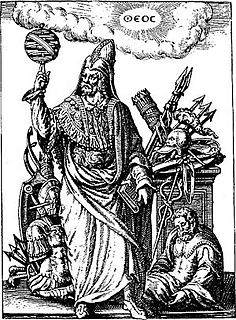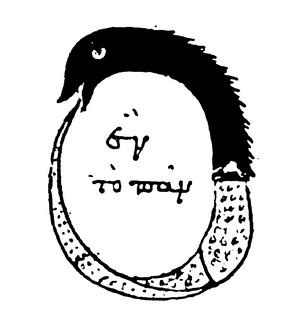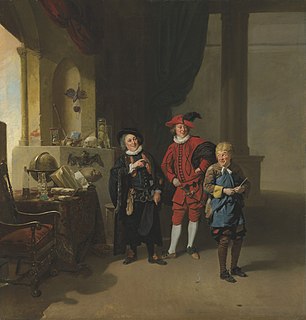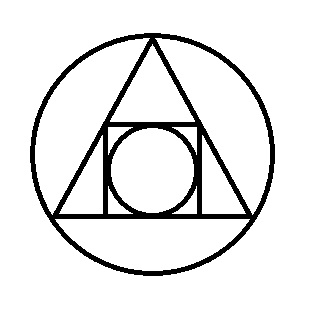Great Work or great work may refer to:
Opus is a Latin word meaning "work". Italian equivalents are opera (singular) and opere (pl.).
Fixation may refer to:
Joscelyn Godwin is a composer, musicologist, and translator, known for his work on ancient music, paganism, and music in the occult.
Voodoo may refer to:
Hermetic or related forms may refer to:
Wug or WUG may refer to:
Magnum is a Latin word meaning "great".

Great Work is a term used in Hermeticism and occult traditions descended from it, most prominently Thelema. Accomplishing the Great Work, symbolized as the creation of the Philosopher's Stone, represents the culmination of the spiritual path, the attainment of enlightenment, or the rescue of the human soul from the unconscious forces which bind it. The Great Work signifies the spiritual path towards self-transcendence in its entirety. This is the process of bringing unconscious complexes into the conscious awareness, in order to integrate them back into oneself.

Herbert Silberer was a Viennese psychoanalyst involved with the professional circle surrounding Sigmund Freud which included other pioneers of psychological study as Carl Gustav Jung, Alfred Adler and others. He had a background in athletics and sports journalism.
Adam McLean is a Scottish writer on alchemical texts and symbolism. In 1978 he founded the Hermetic Journal which he published until 1992 during which time he also started publishing the Magnum Opus Hermetic Sourceworks, a series of 55 editions of key source texts of the hermetic tradition. From 2004 he began collecting tarot cards in order to document tarot art and built up a collection of 2500 items. In 2016 he set up the Surrealism Website in order to document surrealist painters. This currently shows the work of 100 surrealist artists. He also created a series of 20 video lectures on many facets of surrealist paintings. In 2017 he set up an art gallery The Studio and Gallery in Kilbirnie in North Ayrshire in order to promote the work of emergent and lesser-known artists.

In alchemy, the term chrysopoeia refers to the artificial production of gold, most commonly by the alleged transmutation of base metals such as lead. A related term is argyropoeia, referring to the artificial production of silver, often by transmuting copper. Although alchemists pursued many different goals, the making of gold and silver remained one of the defining ambitions of alchemy throughout its history, from Zosimus of Panopolis to Robert Boyle (1627–1691).
A masterpiece is a creation that is considered the greatest work of a person's career, or any work of outstanding creativity or skill.

Heaven and Earth Magic is a 1962 American avant-garde cutout animation film directed by visual artist, filmmaker and mystic Harry Everett Smith.

Alchemy has had a long-standing relationship with art, seen both in alchemical texts and in mainstream entertainment. Literary alchemy appears throughout the history of English literature from Shakespeare to modern Fantasy authors. Here, characters or plot structure follow an alchemical magnum opus. In the fourteenth century, Chaucer began a trend of alchemical satire that can still be seen in recent fantasy works like those of Terry Pratchett.
Transmutation may refer to:
A magnum opus or masterpiece is the greatest work of a writer, artist, or composer.
The following outline is provided as an overview of and topical guide to alchemy:

Eugène Léon Canseliet, was a French writer and alchemist. He was a student of the mysterious alchemist known as Fulcanelli. He wrote the preface for each of his master's books. Later in his life after his master departed from this world, he took a quiet life in France and continued to study and practice what Fulcanelli taught him, even taking on students.

The Great Work is an alchemical term for the process of working with the prima materia to create the philosopher's stone. It has been used to describe personal and spiritual transmutation in the Hermetic tradition, attached to laboratory processes and chemical color changes, used as a model for the individuation process, and as a device in art and literature. The magnum opus has been carried forward in New Age and neo-Hermetic movements which sometimes attached new symbolism and significance to the processes. The original process philosophy has four stages:
Guido di Montanor was a Greek or French alchemist who lived in the 15th century.